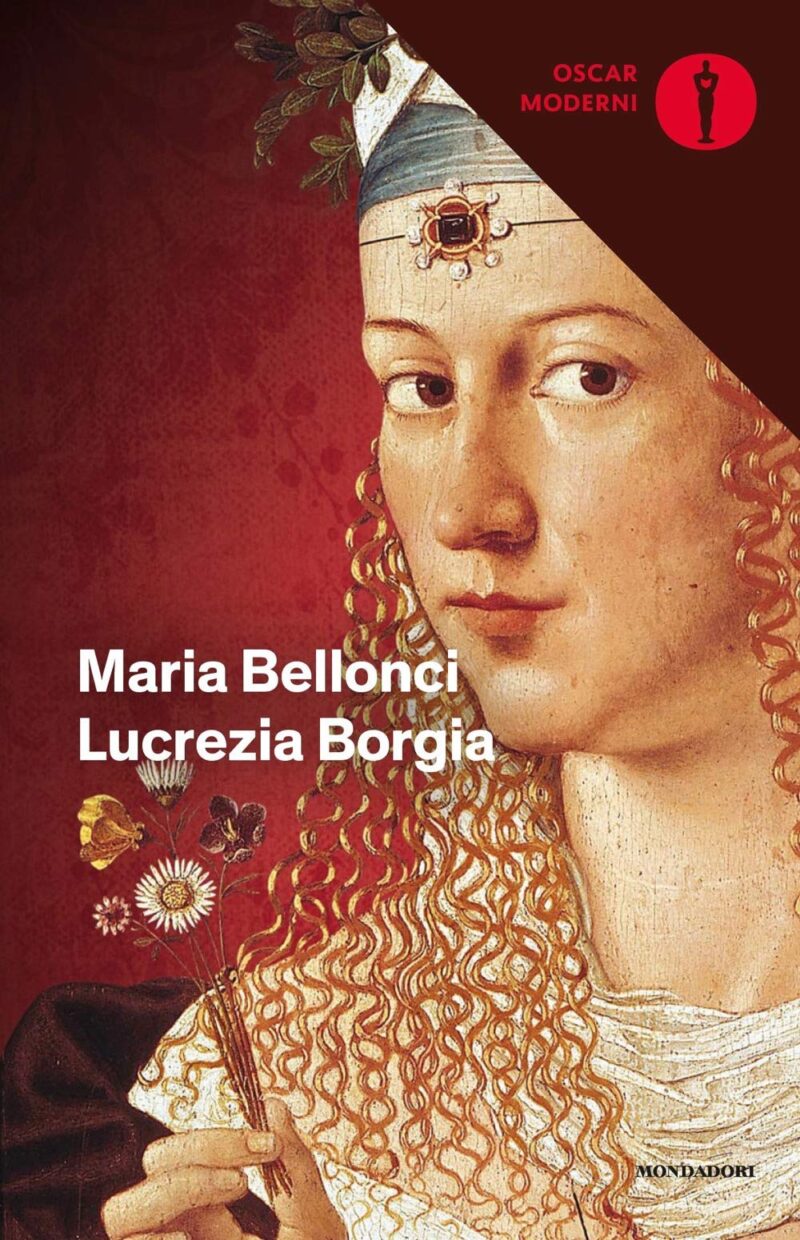The Lucrezia that Maria Bellonci depicts here is a passionate, womanly figure moving uncertainly through the Papal court and through the intrigues, ambitions and political chicanery that swirled about her.
Victim of a macho, patriarchal and misogynist society and a nobility (and in this case the clergy) interested only in weaving plots to maintain their power.
Married three times for her families political advantage Lucrezia also entertained, for her own pleasure, a long list of eminent lovers particularly the poet Pietro Bembo. Her father, Pope Alexander VI, emerges as a fiercely devoted parent while the catlike and sinister Cesare Borgia is seen as a relentless and unscrupulous power-seeker.
The work is entirely based on the study of papers and writings of the time found and preserved in the archives of the cities affected by the protagonist’s short life.
Winner of the Viareggio Literary Award and the Galante Prize in Italy upon its first publication in 1953, this celebrated biography is, in the author’s words, “an eternal feminine story swinging between consent and rebellion”.
